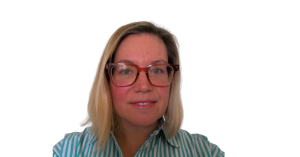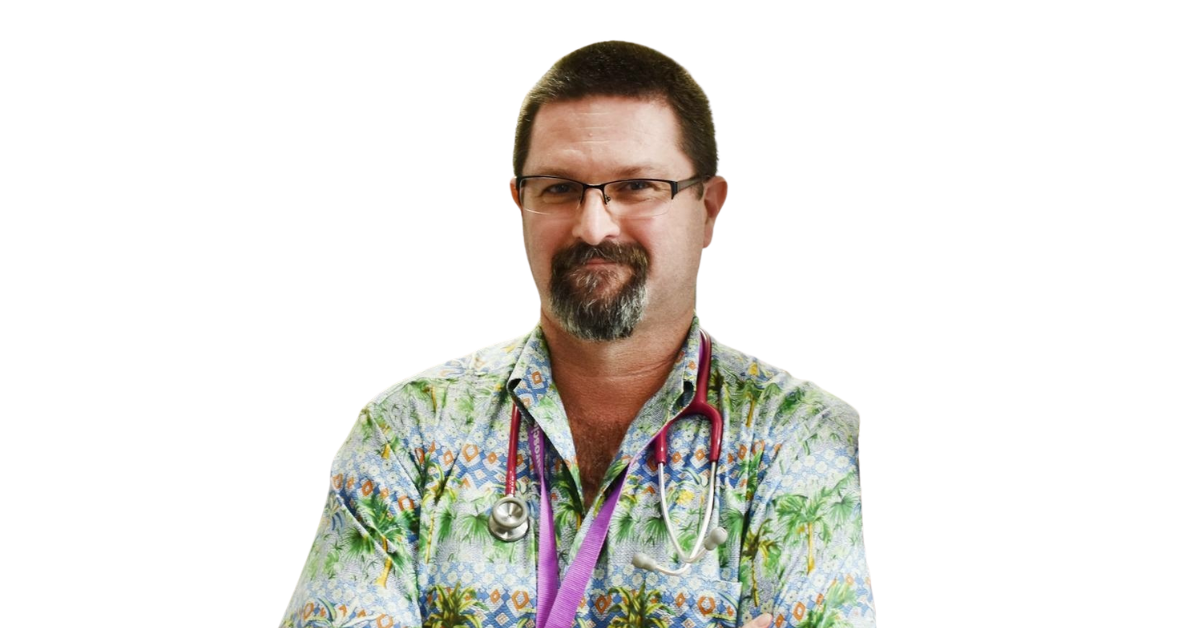
David’s area of expertise is in the diagnosis and management of children with rare diseases. A rare disease is a clinically serious disorder affecting fewer than 1 in 2000 people, and approximately 6-8% of Australians. David is a passionate advocate and engages with multiple support groups. David is currently involved in multiple research projects aimed at novel disease discovery, improved diagnostic testing and treatments for children with inherited genetic disorders. He is director of a national clinic for Ataxia Telangiectasia brashat.org.au and has recently been awarded a $2.5 million NHMRC research grant for a phase 2/3 trial for treatment of this disorder. He is an active research member of the Australian Genomic Health Alliance www.australiangenomics.org.au.
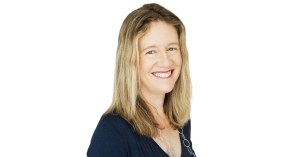
Debra directs the provision of genetic services at IVFAustralia. She trained in paediatrics and clinical genetics in Sydney and Toronto. She also established the MotherSafe clinic at the Royal Hospital for Women in 2000, and remains a Director of the program.
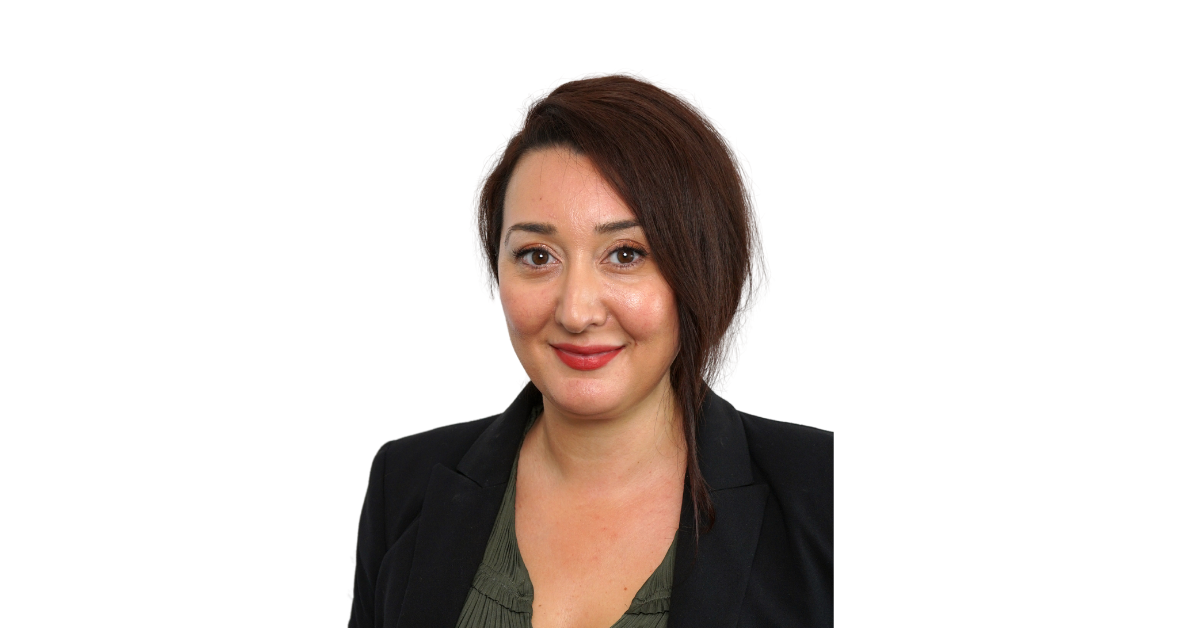
Dr Janan Karatas has over 10 years experience working in the field of IVF and reproductive genetics. Janan has an interest in perinatal health and wellbeing of women, couples and babies and has published research on the psychosocial impact of genetic testing of embryos prior to conception using IVF. Genetic testing is complicated, and the results have consequences for individuals, their families, and their children. Janan has many years' experience in helping couples understand how genetics impacts the health of their family, and helping provide reproductive choices for couples to maximise their chances of having a healthy child. Janan leads our team of genetic counsellors all of whom are committed to making sure families are provided with the most up to date information and access to the most current genetic testing technologies.
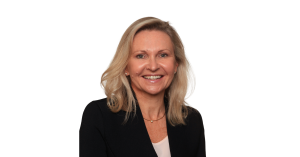
Carolyn is one of Sydney’s most experienced and sought after genetic metabolic specialists and brings over 20 years’ experience in this rapidly expanding field. Her area of expertise is the diagnosis and management of children with a wide range of rare genetic disorders including mitochondrial and lysosomal storage disorders, Rett syndrome and related disorders. She works very closely with the NSW Newborn Screening Program. Carolyn participates in clinical research and has published over 100 peer reviewed papers and book chapters.
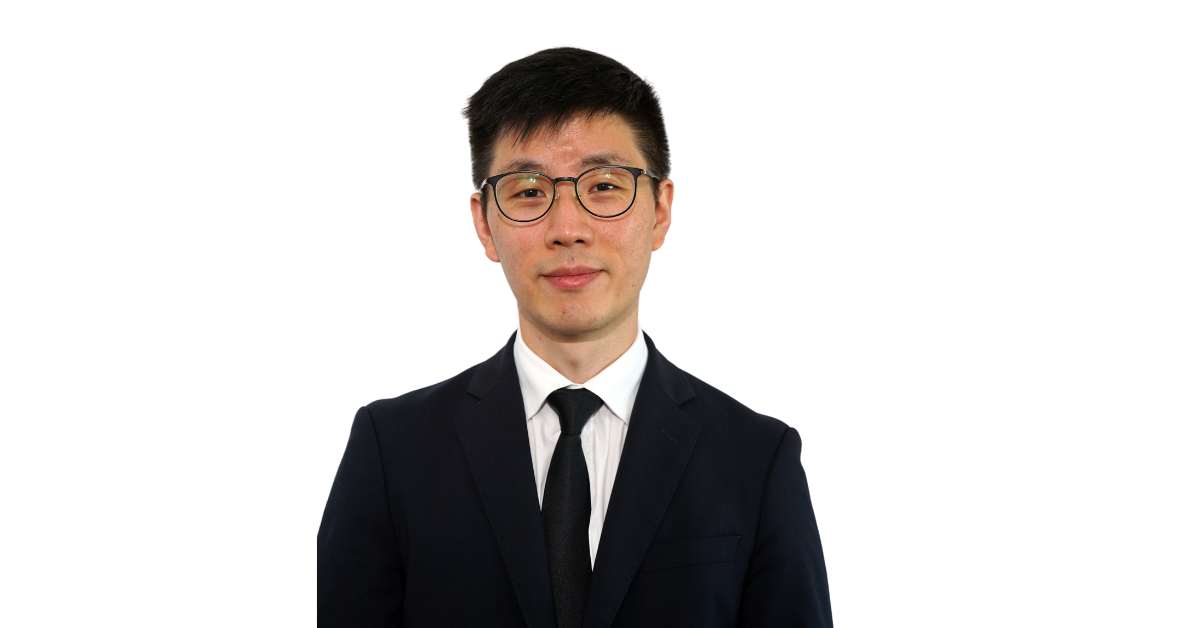
Dr Eric Lee completed medical training at the University of New South Wales and underwent training in genetic pathology at Prince of Wales Hospital, Douglass Hanly Moir Pathology, and the Kinghorn Centre for Clinical Genomics. He attained his Fellowship of the Royal College of Pathologists of Australasia in 2018. He is a member of genetics advisory committees for the RCPA and RCPAQAP. Dr Lee is experienced in the development and interpretation of a wide range of molecular and cytogenetic tests.
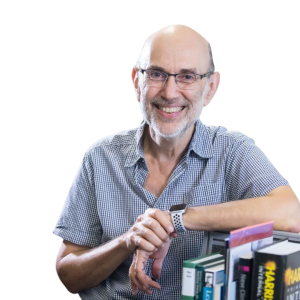
Medical Pathologist (AM FRSN, MBBS, PhD, DBA, FRCPA, FHGSA)
Professor Leslie Burnett is a medical pathologist, specialising in genetic pathology, bioinformatics, and clinical chemistry. Leslie has spent his professional career transforming the practice of pathology. He pioneered the introduction of quality management into pathology, enabling laboratories to achieve previously unattainable levels of patient safety, service quality and business performance. He established public pathology as a nationally recognised stakeholder and was the founding President of what is now Public Pathology Australia. He led the networking of public hospital pathology services and was able to bring together and align many disparate organisations and entities, leading to the formation of NSW Health Pathology.
In parallel with these national policy and structural changes, he also brought genetic testing and screening to the world at large, pioneering many initiatives that have become mainstream clinical services. He conceived and established Australia’s first genetic carrier screening program (the “Tay-Sachs disease program”), which ultimately led to public funding of reproductive genetic carrier screening in Australia. He established and directed Australasia’s first clinically accredited whole genome sequencing laboratory.
In 2022, he was appointed a Member of the Order of Australia within the Australian honours system, for “significant service to pathology, to medical research, and to professional societies”.
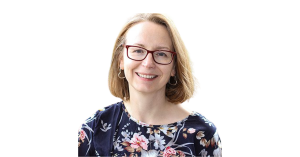
Dr Sharyn Stock-Myer has the pleasure of overseeing the group that assists couples and individuals to overcome genetic conditions to have healthy children. Having studied and worked in molecular genetics in New Zealand and Germany, preimplantation genetics was the perfect fit for her combined interest in genetics and desire to help others. She was recruited to join the team at Virtus in 2002 (Melbourne IVF back then) and establish the programme for testing embryos for single gene mutations. The PGT programme at Virtus has since helped thousands of people on their path to a healthy child.
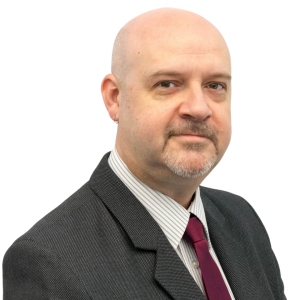
Head of Department - Cytogenetics BSc MHGSA
Ken Evans commenced as Head Department, Cytogenetics, with Virtus Diagnostics in April 2023. He started working in the field of clinical human cytogenetics in Adelaide in 1989 at The Queen Elizabeth Hospital, whilst completing a Bachelor of Science at the University of Adelaide. Ken relocated to Brisbane and spent several years at QML specialising in prenatal cytogenetics, before joining sullivan Nicolaides Pathology in 1997, initially as 2IC of the Cytogenetics Dept, and eventually in the dual role of Operations Manager of the Cytogenetics Department and Laboratoy Manager of Non-Invasive Prenatal Testing (NIPT). Ken is also an Adjunct industry fellow with Griffith University.
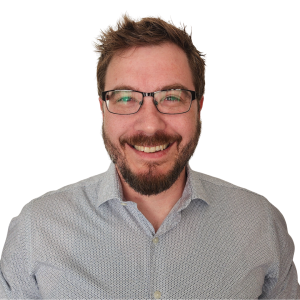
Head of Department - Molecular Genetics PhD FHGSA
Simon has worked in the field of medical genetics in both diagnostic and research capacities for more than 20 years. He is a Fellow of the Human Genetics Society of Australasia and completed his PhD at the University of NSW working on the identification of the genetic basis of rare diseases in the Australian community. His recent work includes the application of next-generation sequencing technologies for non-invasive prenatal testing, high-throughput exome analysis, and couples-based reproductive screening.
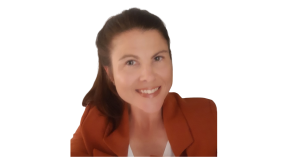
Associate Genetic Counsellor, BSc, MGenCoun, MHGSA
Krystle has worked in the area of genetics since 2005 and has a professional interest in preconception carrier testing and familial cancer. Krystle’s role is to explain the potential benefits, limitations and implications of genetic testing and help families understand and adjust to the medical and psychological impact of heritable conditions. “There is a lot of data and tests available to patients today; however, it’s about providing relevant and up-to-date information and supporting patients through the decision-making process.”
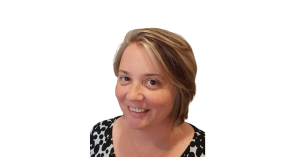
‘support other parents/future parents to understand and navigate the impact of genetics and genetic conditions on their reproductive and family choices, so they can make the best possible decisions for themselves and their families’.
